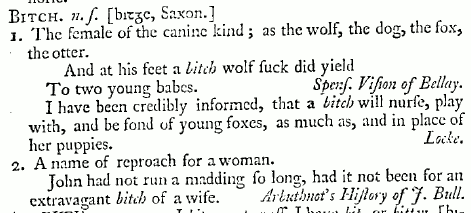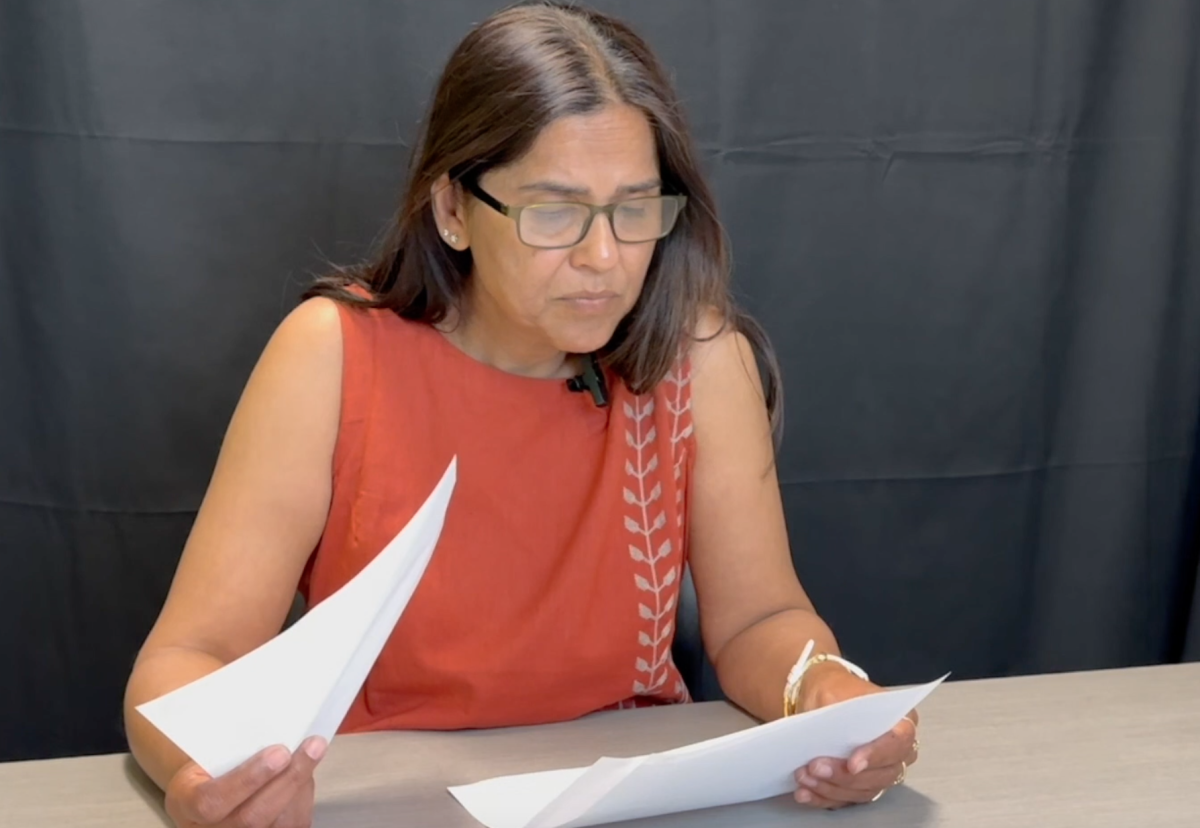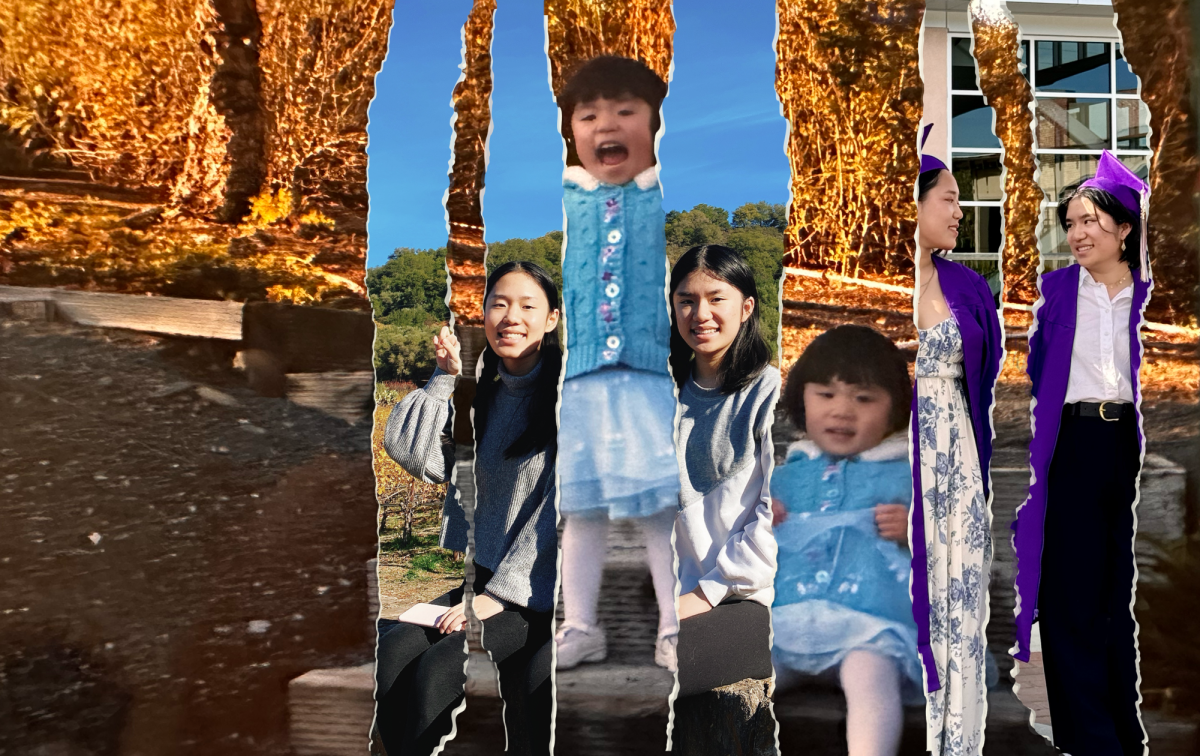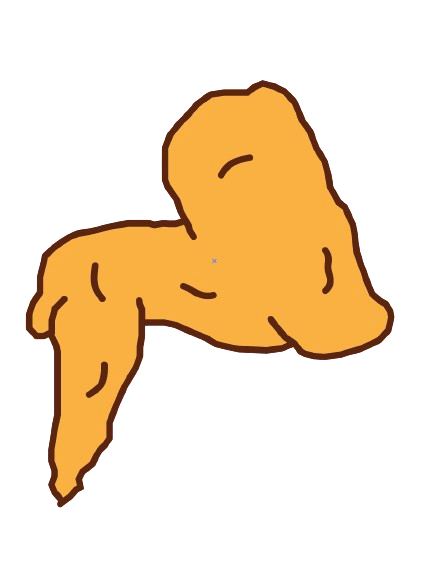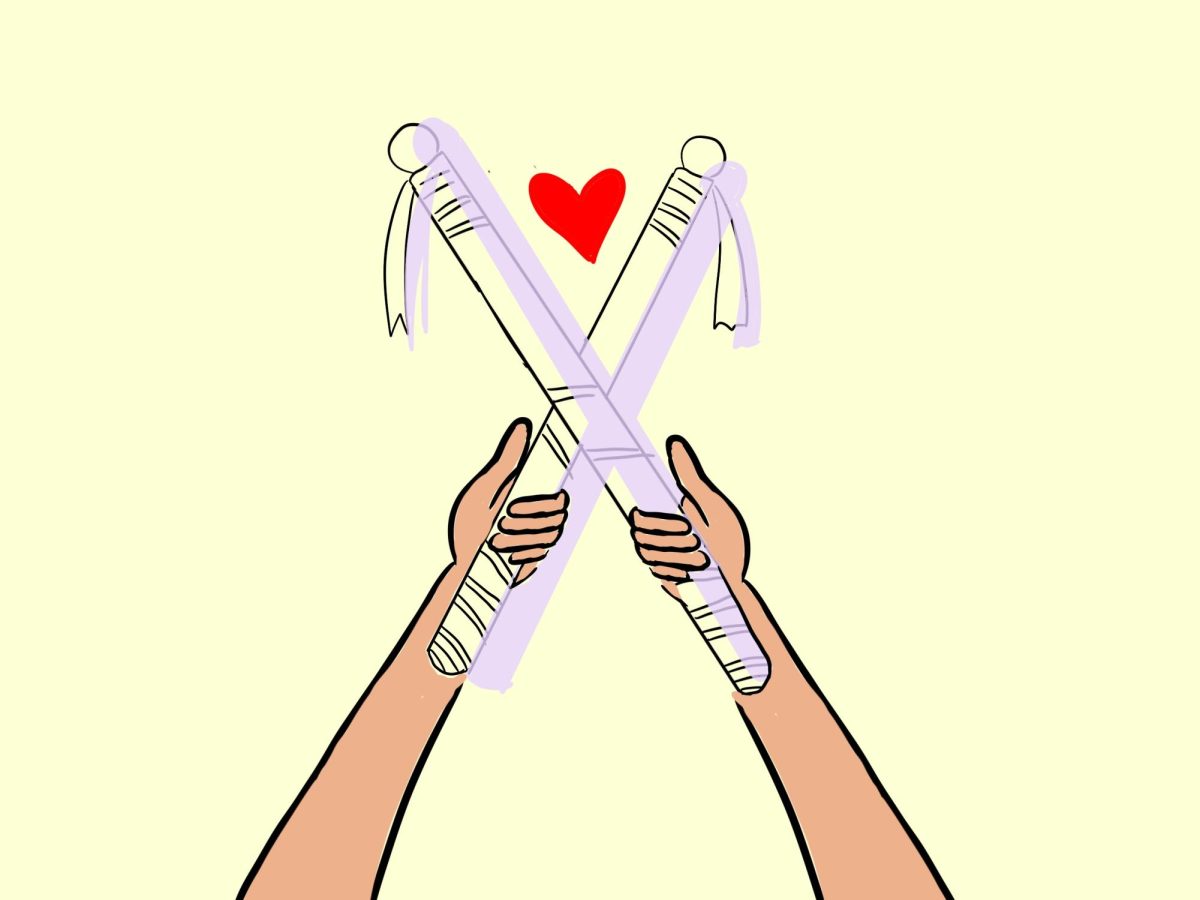The b-word, as described in the 1811 Dictionary of the Vulgar Tongue, is “the most offensive appellation that can be given to an English woman, even more provoking than that of whore.” I find it appalling (though unsurprising) that an insult was designed to be directed at a gender specifically. Sure, you could direct the word at a male, but from personal experience, a male who is unfaithful to his spouse isn’t usually referred to as a b*tch. I’ve yet to see a woman in that scenario escape the word with similar ease. Therefore, there is an unfair application of the term in society and the media, with women disproportionately on the receiving end of the insult. Men who argue that they can experience “b*tch” the same way women can should take a hard look at the scenarios in which this double standard have been played out. It’s easy to ignore all of the times you haven’t been referred to as something women are called regularly.
So whenever I hear the b-word uttered by a male colleague it’s impossible for me to justify that act as anything but sexist. Directed almost exclusively towards women, the utterance of the b-word by a man towards a woman, albeit less severe, shares parallels with white people calling black people the n-word. It’s about systemic power and control, and vestiges of such control can last for centuries.
Words shape society and the individuals it is comprised of. It can control people, and it can create rigid systems that inhibit the individual or a group of individuals. The next time you hear a man utter the b-word towards a woman, I implore you to think carefully about whether this person understands the winded history of the term and that, while his remark may seem like an all-embracing insult, beneath the ice lurks something much more nefarious.

















